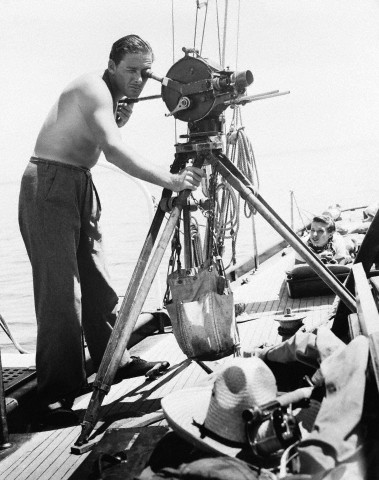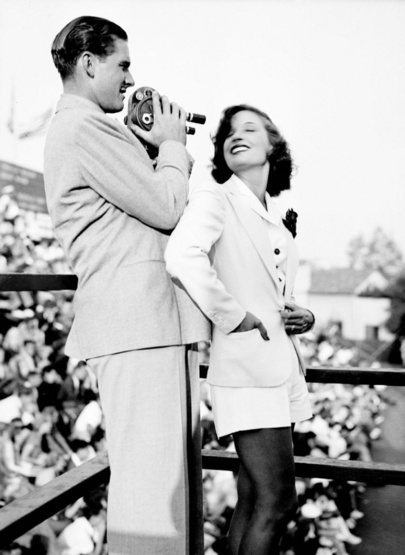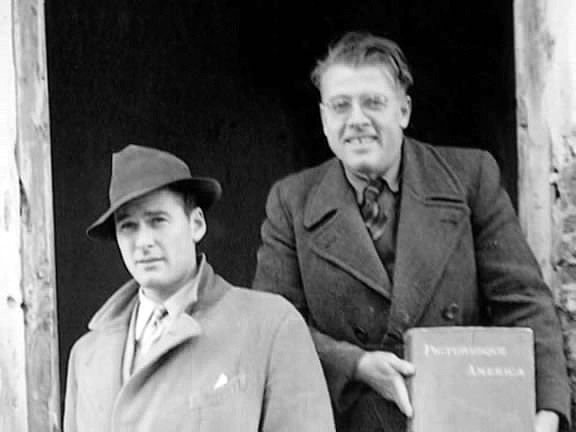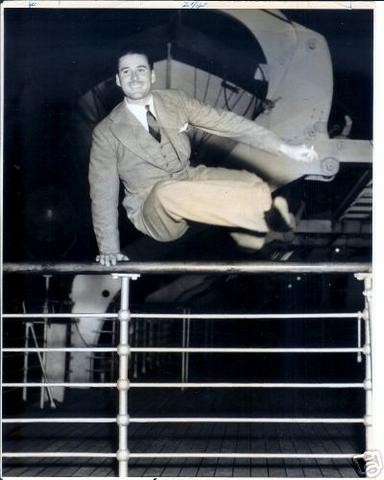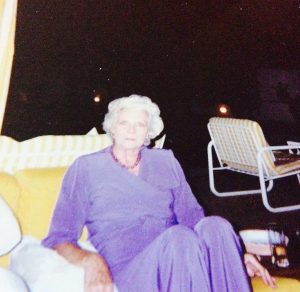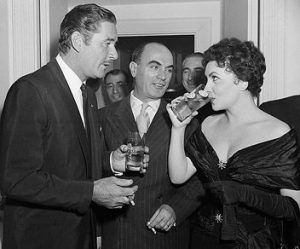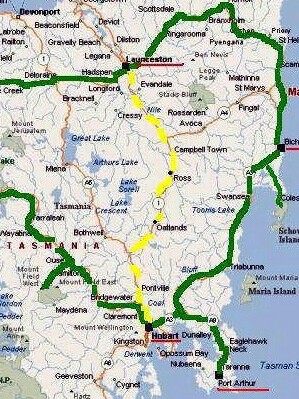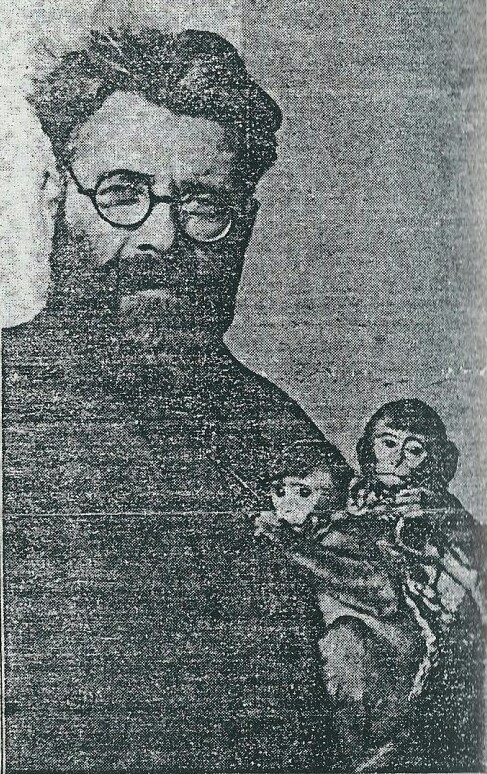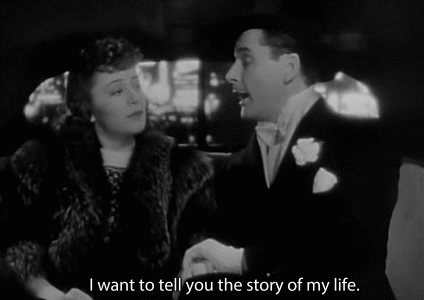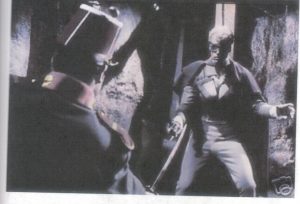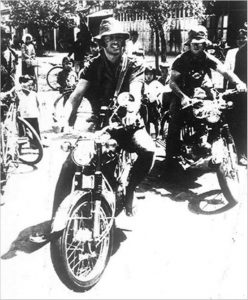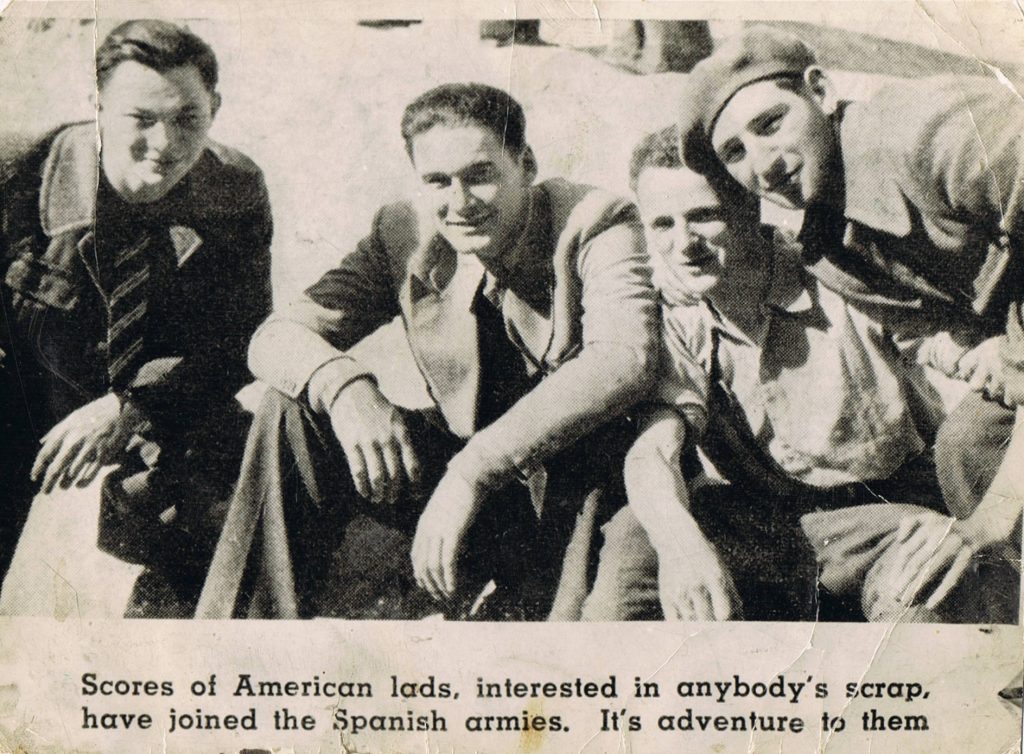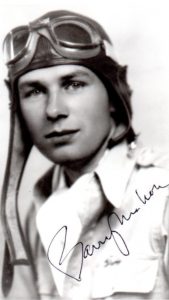
Dear fellow Flynn fans,
here is an aerial overview of the life of Jackson Barrett Mahon, the personal pilot and movie manager of Errol in later years.
Barely twenty years old Barry joined the Royal Air Force in Great Britain as a volunteer before the United States had even entered WWII. He was assigned to the 121 “Eagle” Squadron and flew 98 successful missions downing at least 9 enemy airplanes in the process, before his Spitfire was shot down in the disastrous Dieppe commando raid called “Operation Jublilee”. He vividly remembered the fatal-ful day that cost him his plane, but not his life.
“I lay on my back in the dinghy and watched the tremendous air battle, probably the greatest air show the world had yet seen. There must have been 80 or 90 German planes and an equal number of British aircraft in a five-miles square cube of the sky. The sights that morning and part of the afternoon were unbelievable. There would be a Spit chased by a German being chased by a Spit being chased by a German and the first three would blow up, leaving the remaining one victorious until he turned into the guns of another opponent. As a mater of fact, after the adrenalin level of my blood went down, I found the spectacle fascinating- a giant Forth of July display, only much more omnious. The spent bullets were falling like hailstones, so hot they made sizzling noises as they struck the water.”
The flying ace became a POW in the Stalag Luft III camp situated in Sagan (today Poland) 150 miles from of Berlin, a prison facility riserved for all captured air personal. At barbwire gates he was Gestapo greeted with the proverbial “For you the war is over!”, which instantly instilled the wish to get out to get back in.
After a successful break away attempt he was caught again at the border of Czechoslovakia with worn out shoes but a will intact. That Wanderlust got him an extended stint at the “Cooler”, the so called cell for solitary confinement. So when those in the Steve McQueen movie immortalized 76 allied prisoners staged “The great escape” through the literally dug-with-a-tea spoon- tunnel, trapped mole Mahon could only wish them luck. But once again his “mean” demeanor had saved his life. 50 of the fugitives were executed when caught via direct orders of Hitler to set an example. The deplorable act was in total violation of the international treaty how to treat prisoners of war. Only three men reached British soil, while Barry J. Mahon was liberated by General Patton’s army tanks.
Never the shy guy he called up our Hollywood hero after a stay in Egypt at the court of the last pharaoe King Farouk. Coincidentially Flynn had picked up the phone himself and invited him over to Mulholland Farm for a drink and another. Mahon proposed to film “The Story of Farouk” in Europe and introduced Errol to the new regulation stating that if you spent 19 months abroad you needn`t pay taxes in the US. The legal tax evasion scheme originally meant for oversee oil companies naturally was very much to Errol Flynn`s liking. It landed Barry the job of business manager on the spot and would prove costly in later years, since his former handlers sued Errol for unpaid provisional fees.
Meanwhile however the dive bomber duo released their first European oeuvre “Crossed swords”, a spoof of “The adventures of Don Juan” starring the almost Ben Hur Cesare Danova and new diva Gina Lollobrigida. They already met their match in their second outing on the movie market. What was meant to show Jack Warner how to make movies thenadays turned into a financial fiasco due to shady Italian producers.
Intermission,
— shangheinz

